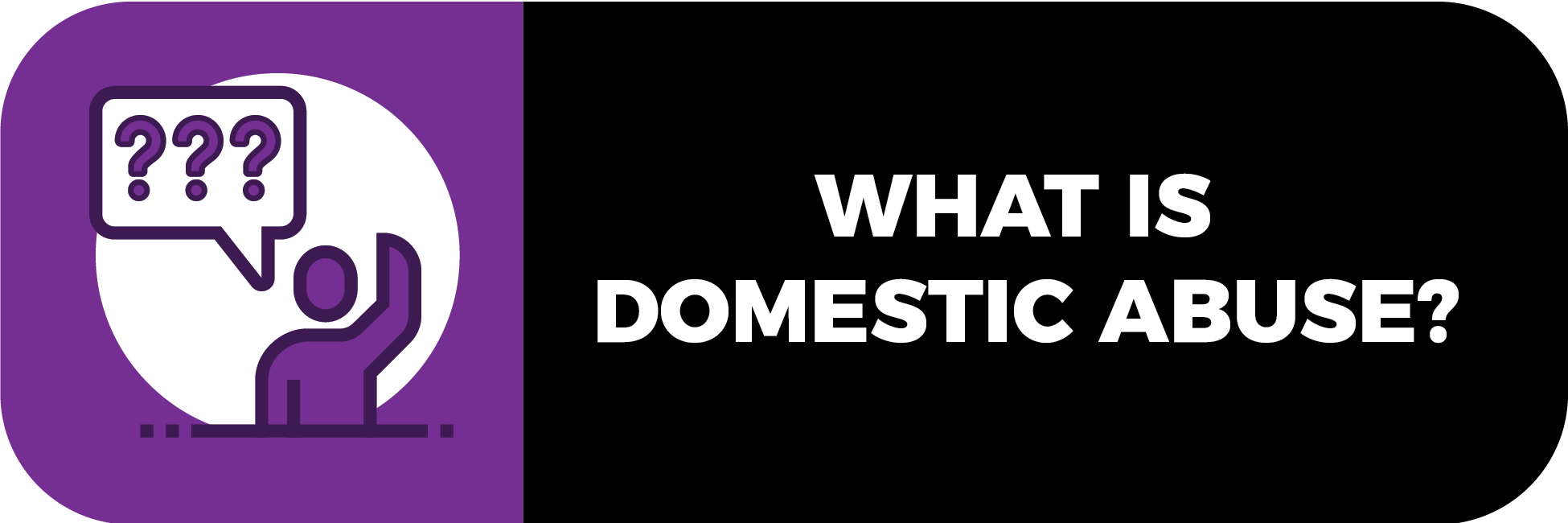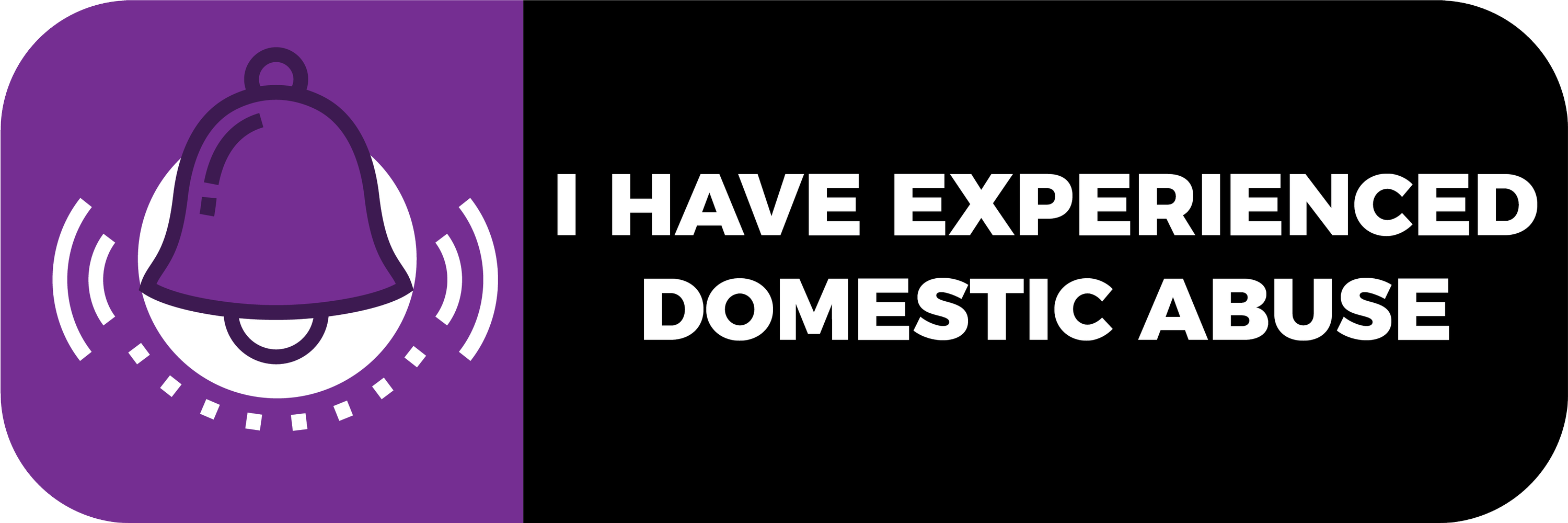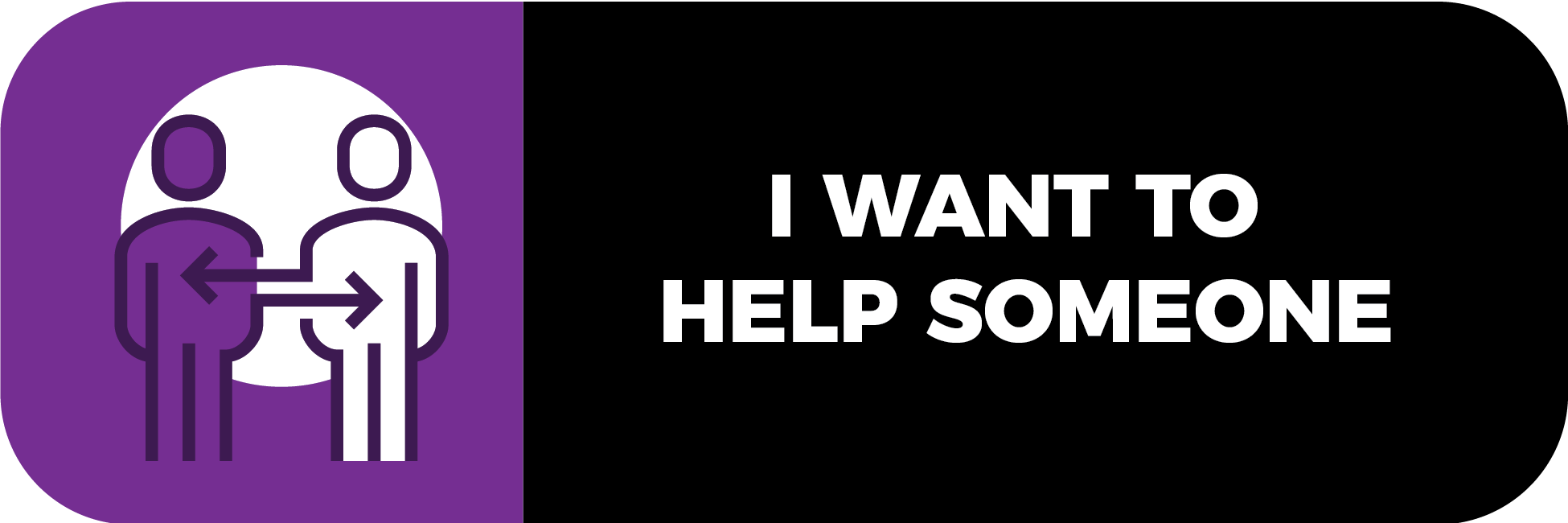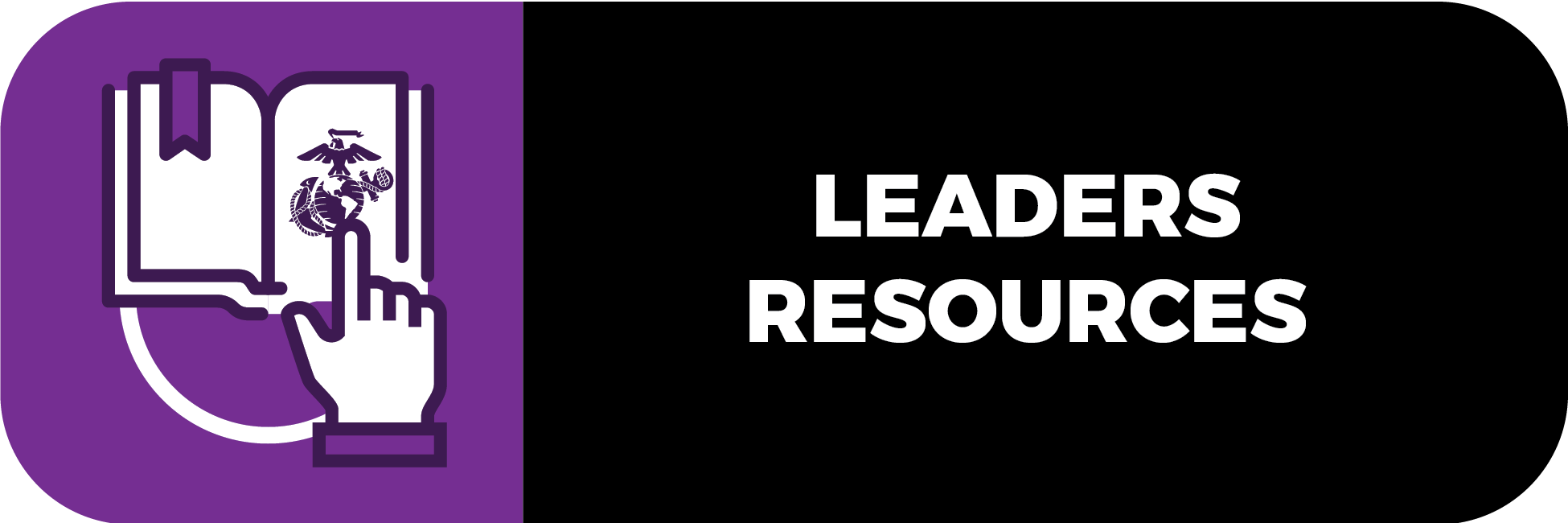PHONE OUTAGE
Due to the Base Communications phone upgrade, several facilities are currently experiencing phone outages, including:
- Auto Skills
- Information, Tickets, and Travel
- Leatherneck Lanes
- Marine Memorial Golf Course
- Oasis Lodging & RV Park
- Route 66 Café
Please visit these facilities in person until service is restored. We apologize for the inconvenience and appreciate your patience. Thank you.
- Marine & Family Support
- Information, Referral, and Relocation
- Libraries
-
- Relocation Assistance
- Exceptional Family Member Program
- Chaplains Religious Enrichment Development Operation
- Life Skills
- Prevention & Education
- Families Over Coming Under Stress
- Family Advocacy Program
- Family Readiness Program Training
- Marine Corps Family Team Building
- L.I.N.K.S.
- Family Member Employment Assistance Program
- Readiness and Deployment Support
- Personal Financial Management
- Retired Affairs
- Single Marine Program
- Voluntary Education
- Volunteer Opportunities
Domestic Abuse
On this page:
On this page:






Domestic abuse is the use, attempted use, or threatened use of force or violence against an intimate partner. It is also a pattern of behavior that results in the emotional abuse, economic control, or interference with personal liberty that is directed towards an intimate partner. An intimate partner is a current or former spouse, a person with whom the abuser shares a child or common domicile, or a person who is in a romantic relationship with the abuser.
Examples of domestic abuse include, but are not limited to, taking your cell phone or keys, not allowing you to leave a location, controlling what you wear or who you speak to, limiting your access to money, name calling, pushing, hitting, or sexual contact without your consent.
Additional Links
It’s important to know where you can go for safe, judgment-free help when you are feeling unsafe in your relationship. Caring assistance is available through the Family Advocacy Program (FAP).
Everyone who experiences domestic abuse has a unique set of circumstances and concerns. Through your installation's FAP, you can meet with a FAP advocate with a deep understanding about the challenges of seeking help for domestic abuse. The role of a FAP advocate is to be there for you, to hear you and to offer help and resources.
If you have experienced intimate partner abuse contact a FAP Advocate or FAP Clinician to learn about resources available to you and reporting options. You may be eligible to obtain a restricted report. Privacy and confidentiality will be explained to you prior to obtaining a report.
Victims may also decide to seek help outside the military. Shelters and agencies in your area can help you consider your options. FAP can connect you to civilian or community-based resources, or you can visit the National Domestic Violence Hotline website.
If you are experiencing domestic abuse, visit HERE to locate the closest FAP office, or go to the National Domestic Violence Hotline website or call 800-799-7233. Call 911 if you are in immediate danger. If you are on a military installation, call your military law enforcement office.
Three groups of professionals may keep information about domestic abuse confidential under the restricted reporting option:
- FAP Advocates
- FAP clinicians
- DoD Health care providers*
Making a restricted report means:
- FAP will not notify military law enforcement.
- Command is not involved.
- You have access to the full range of FAP services, including counseling and advocacy. They will work with you to develop a safety plan and identify your next steps, including pursuing options both within and outside the military system.
You are also entitled to the protections of privileged communication with a chaplain. Disclosing domestic abuse to a chaplain does not ensure access to FAP services, though chaplains may provide referrals.
To prioritize victim safet, the restricted reporting option is not availalbe if there is an immediate risk of serious harm. And the restricted reporting option does not apply to child abuse cases, which are required by law to be reported to law enforcement and child welfare services.
* Some state-specific laws may require medical providers to report known or suspected incidents of domestic abuse to law enforcement regardless of a victim’s preferences. Contact your local FAP or legal assistance office to learn more.
When an unrestricted report is made, FAP will notify both military law enforcement and the service member's military command.
Making an unrestricted report means:
- Military law enforcement will conduct an investigation of the incident, which includes contacting the alleged abuser.
- Command will be notified.
- You can seek a Military and/or Civilian Protective Order.
- You have access to the full range of FAP services, including counseling and advocacy. Advocates will work with you to develop a safety plan, identify next steps and advise of available resources.
- You have access to legal services on military installations.
- If a service member is separated for domestic abuse, the victim may be eligible for transitional compensation
Additional Links
FAP advocates provide crisis intervention, immediate and ongoing advocacy services, and safety planning to victims of domestic abuse and non-abusing parents of child abuse victims. To speak with someone regarding services please call your local installation’s 24 hours a day, 7 days a week helpline.
24/7 Helpline For Your Local Installation
- Quantico
- 703-350-1688
- Iwakuni
- 0827-79-7233
- TwentyNine Palms
- 760-362-9837
- Albany
- 229-347-2651
- Bridgeport
- 760-362-9837
- Barstow
- 760-577-6484
- Camp Butler
- 098-970-2915
- Camp Fuji
- DoD Safe Helpline 877-995-5247
- Camp Lejeune - New River
- 910-376-5675
- Camp-Pendleton
- 760-500-2633
- Cherry Point
- 252-671-0377
- Hawaii
- 808-216-7175
- Henderson-Hall
- 202-439-6038
- MARFORRES
- 877-432-2215
- Miramar
- 858-864-3408
- Parris-Island
- 843-592-0646
- Beaufort
- 843-592-0646
- San-Diego
- 619-279-6113
- Washington D.C.
- 571-205-1298
- Yuma
- 928-941-3650
For immediate assistance, the National Domestic Violence Hotline (1-800-799-7233) provides lifesaving tools and support to enable victims to find safety and live lives free of abuse.
Additional Links
5 Ways to Help a Friend Who is Experiencing Domestic Abuse
Everyone’s situation is different — domestic abuse can happen to anyone and it’s not their fault. And it can be difficult to know how to help a friend, coworker or loved one who is in an abusive relationship. Here are five simple things you can do to safely help someone you care about in their time of need.
- Ask to connect
“How do you prefer we connect?”
Having a safe way to communicate is important. Let your friend or loved one tell you what is safest for them and honor that. Do not pressure the person to leave. Instead, support them without judgment. Offer to help them plan for their safety or seek outside support when they are ready.
- Stay in touch
“Let’s play a game online.”
Finding creative reasons to call, text, video chat or use social media check-ins may provide a lifeline for those who feel unsafe at home. For example, some games have chat functions that may allow for communication in nontraditional spaces. Starting up a game that has chat may allow you to check in with your friend without making the abuser suspicious. Learn about privacy and safety tips for technology from the National Network to End Domestic Violence at www.techsafety.org.
- Support and believe
“I care about you and I’m here for you, no matter what.”
Remind your friend that they are not alone and that you are there for them. If they choose to talk about the abuse, listen and show empathy. Let them know the abuse is not their fault and that you believe them. Ask what you can do to help.
- Chat about options
“Let’s create a safety plan.”
Options are empowering. Talk to your friend about their options for seeking help or reporting domestic abuse in the military: Let them know that FAP advocates are available 24/7 to help them think through dangerous situations and create a safety plan.
- Share the hotline
“Here is the information for that restaurant I told you about.”
It may be safer for your friend if you research support options for them - such as the National Domestic Violence Hotline at https://www.thehotline.org - on your device, provided you feel safe doing so. Use your agreed-upon code and a safe communication method when providing this information so it remains private between the two of you.
Create a secret code word, phrase or symbol that lets you know your friend is signaling for help, whether that means a call from you or for you to call the police. A call can sometimes disrupt abuse.
Additional Links
Making the decision to seek help for domestic abuse can be difficult. Everyone deserves to be in a relationship that is free of abuse. If you are experiencing abuse, consider exploring your options with the National Hotline (1800-799-SAFE (7233)) or www.thehotline.org. There you can obtain caring support and information about your general options and a plan for safety. Alternatively, you can contact your local installation FAP Helpline where a FAP Advocate can offer an additional layer of support relevant to military supportive options and resources.
Through a FAP Advocate, you will be encouraged to develop a plan for safety and will explore local resources that are relevant to your specific needs. You will also learn about your options for reporting the abuse based on your current safety and eligibility for services from military resources. Contacting a FAP Advocate ensures that you have all of the information you need to make the decision that is right for you and your family.
The FAP provides a variety of supportive services including prevention, home visitation, advocacy and clinical services.
- Clinical Program provides screenings, assessments, evidence-based counseling, clinical case management, and appropriate referrals. Counseling for domestic and child abuse consists of individual, couple, group, and family therapy. The primary goals of the clinical program are ensuring the safety of the victim, reducing abusive behaviors, and aiding in the development of healthy relationships.
- FAP Advocates provide crisis intervention, ongoing advocacy services, and safety planning. FAP Advocates ensure individuals experiencing domestic abuse receive support throughout the process of reporting, finding safety and accessing relevant resources. FAP Advocates also offer advocacy and support services to non-abusing parents of child abuse victims and families who have experienced Problematic Behaviors in Children and Youth. All FAP Advocates are credentialed by the National Organization for Victim Assistance’s National Advocate Credentialing Program.
- New Parent Support Program offers parenting education and home visiting services to expectant parents and families with children ages zero to five. It is staffed with home visitors who are licensed social workers, licensed counselors and/or licensed registered nurses. Families may self-refer or may be referred by other agencies.
- The Prevention and Education program provides education and prevention-focused services to individuals, families, and the community. Services include classes on relationships, anger management, stress management, and parenting.
Additional Links
Per DODI 6400.06, Commanders have the overriding responsibility for the response to domestic abuse. Commanders are responsible for victim safety and appropriate abuser accountability. They are required to respond to all known and suspected incidents of domestic abuse and support victims. Commanders also have a critical role in the Incident Determination Committee (IDC). The IDC is responsible for determining if an incident meets the DOD definition of abuse. DoDM 6400.01 V3 provides additional information about the IDC process. FAP provides training to Commanders and Senior Enlisted Advisors on their responsibilities per DODI 6400.06, IDC, FAP services, and local resources. Commands have an important role in identifying signs of stress in Marines and their relationships and connecting those Marines and their families with FAP services to aide in the prevention of abuse.
Taking care of Marines is the plan of the day, every day. Doing it well requires constant training. The best leaders are voracious consumers of knowledge. The Marine Corps Warfighter Mental Readiness Playbook is a guide for effective influence.
5 Ways Command Leaders Can Unite Against Domestic Abuse
Domestic abuse is incompatible with military values and reduces mission readiness. It is the duty of every leader to recognize and take seriously reports and signs of an abusive relationship.
As a leader, it is important that you understand your responsibility to report and respond to allegations of domestic abuse, show compassion to victims, raise awareness of domestic abuse in the military and clearly communicate the Department of Defense’s commitment to ending abuse with your command. Knowing how to respond swiftly, appropriately, and sensitively is important in order to protect the victim and ensure a positive and cohesive command climate is maintained. Below is some information and additional resources that you may find helpful in navigating domestic abuse in your unit.
- Educate yourself
Make sure you understand your responsibility to report and respond to allegations of domestic abuse. Your installation’s Family Advocacy Program office can provide information and resources to help you fulfill that responsibility. Find more information online: https://www.militaryonesource.mil/Leaders-End-Abuse
- Raise awareness
Raise awareness of domestic abuse in the military and clearly communicate the Defense Department’s commitment to unite against abuse within your command. Share Family Advocacy Program information about preventing domestic abuse with all command members. This toolkit can help: https://www.militaryonesource.mil/abuse-help-leaders
Share the following resources:
Immediate crisis support
National Domestic Violence Hotline
Call 800-799-7233
https://www.thehotline.org/
Local support, 24/7
Domestic Abuse Victim Advocate Locator https://www.militaryonesource.mil/DAVALocator
Support for young people between ages 13 to 26 years old
Love is Respect | Text “LOVEIS” to 866-331-9474
https://www.loveisrespect.org/
- Take action immediately
Show anyone who reports abuse to you that you take all their concerns seriously by: • Explaining how you will address their concerns and take action • Connecting them with a FAP advocate who can help them document their abuse, make a safety plan and access military and civilian services • Offering to follow up with them (via phone call or email) to ensure they received all the services and support they need
- Show compassion to victims
Tell anyone who raises a concern about abuse that you believe them, that they are not alone and that help and support are available. Kindness can save a life.
- Unite with other leaders against abuse
Coordinate with other command leaders and departments throughout your installation to provide consistent and easily accessible domestic violence awareness and prevention education, resources and support.
Top 3 Things You Can Say to Help a Victim of Abuse
- I take your concerns seriously. You are not alone in this.
- A FAP advocate can help you document the abuse, make a safety plan and access military or civilian services.
- I can follow up with you via phone or email to ensure you received all the services and support you need.
Additional Links
SAFETY ALERT: If you need to exit this website in a hurry, click the “Exit Site” button and you will be quickly redirected to Weather.com.
Computer use can be monitored and it is impossible to completely clear your browser history. If you are afraid your internet usage is being monitored, call the National Domestic Violence Hotline at 800-799-7233 or 800-787-3224 en Español.